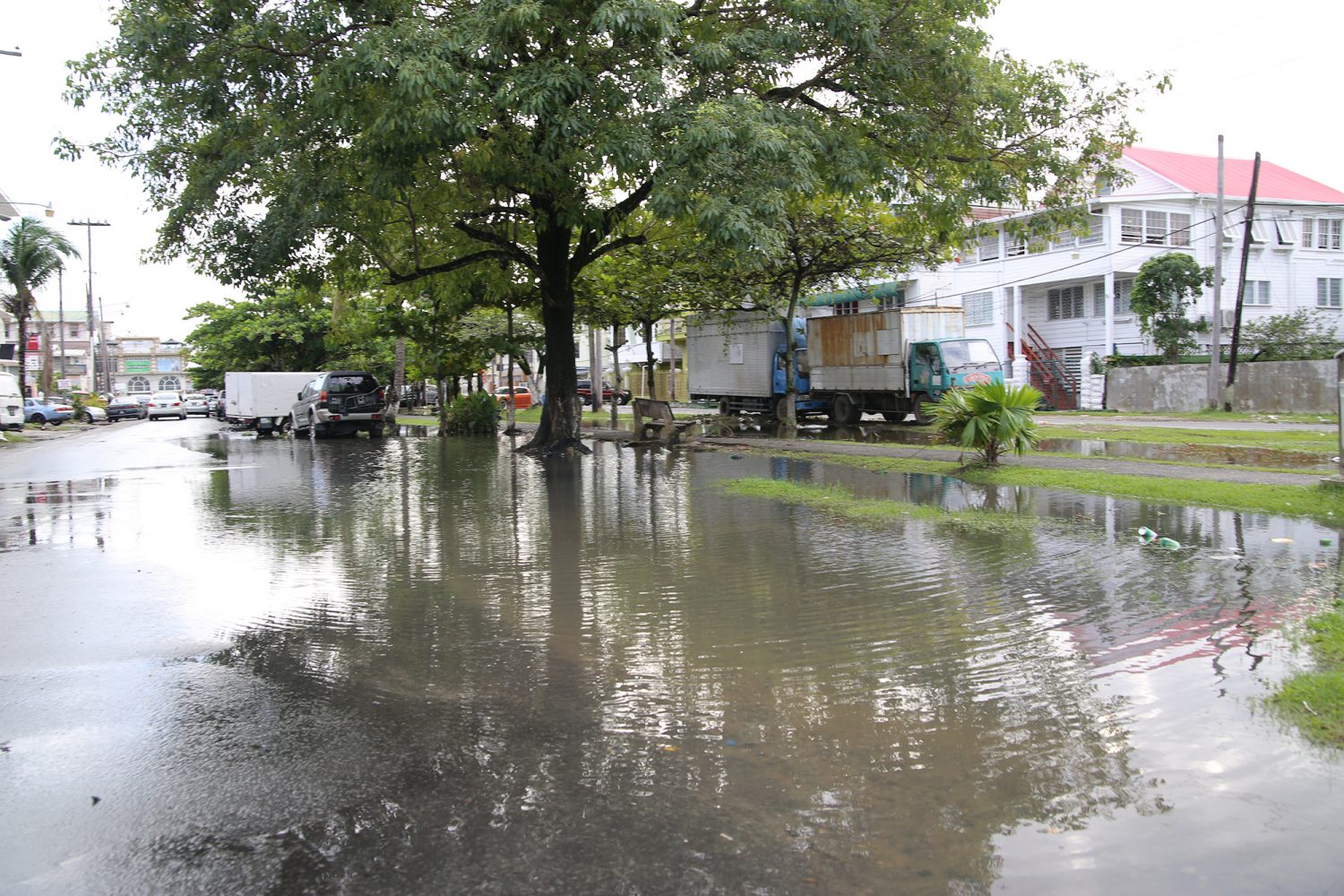Minister of Public Infrastructure, David Patterson says there are too few capable contractors in the Ministry’s system and increased capacity is needed in this area.
Giving the feature address on Thursday at the Ministry’s year-end review, Patterson said that one of the major challenges that the Ministry faced throughout the year was the fact that there was a lack of capable contractors.
“We are still facing the fact that we have too few capable contractors in the system who urgently need to increase that capacity,” Patterson said, while explaining that because of the lack of capacity, large contracts for roads and sea defence projects are often tendered out to a small portion of contractors.
“I would say about 20-25 [contractors] continue to receive the majority of the large to medium size and even small contracts purely because of the lack of capacity and that is something we have to address in 2018,” Patterson noted.
He alluded to the Minister of Finance, Winston Jordan’s budget speech where he had said that contractors would not only be assessed on their technical capacity and price, but also their past performances and their workload.
As a result, he said, if a contractor has a large workload, the new system would prevent him from being awarded another contract.
In addition to the lack of capacity of contractors, Patterson also highlighted that they currently face an issue of the private sector attracting key staff.
“We still have a lot of passive growth areas to be filled. Coupled with that we are competing with the very active and resurgent private sector,” Patterson said, while pointing out that while they were able to staff all ten administrative regions with engineers, they lost some senior staff to the private sector and in two cases to sister ministries.
“These were senior staff and obviously it puts pressure on the remaining members of the team. So that is a challenge that we are actively addressing, not only through the ministry but with the Ministry of Presidency’s Public Service Department. It is not only a question of remuneration but it’s a question of benefits,” Patterson added, while stating that the private sector does not have to face the same limitation the Ministry and other government authorities have to face when trying to fill their positions.






